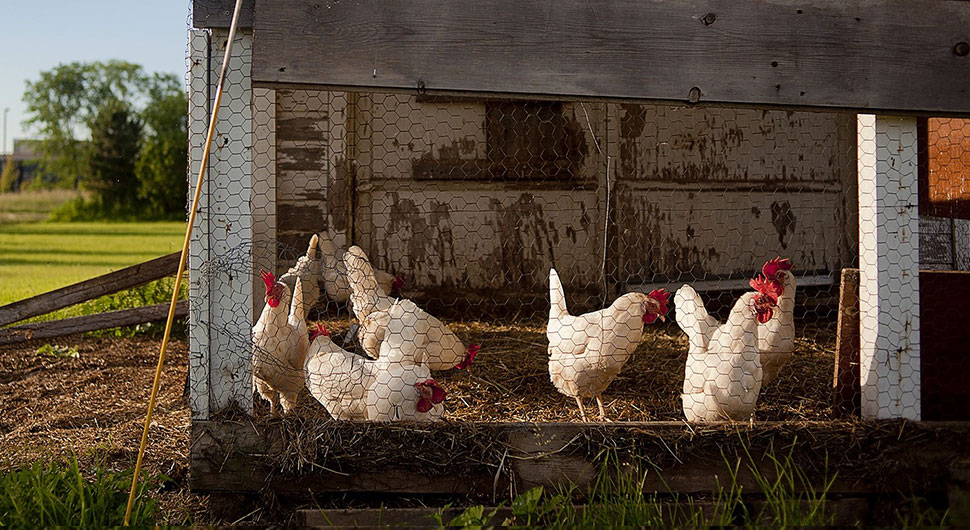Chickens are a fantastic addition to any homestead. The hens lay eggs that are far tastier and healthier than those in the grocery store and they provide pest control, so you can say goodbye to harmful pesticides. It's no wonder so many off-the-grid and permaculture operations raise them. Unfortunately, other animals love chickens too—including foxes, dogs, coyotes, hawks, owls, and weasels, to name a few! A sturdy chicken coop can save the day.
Building a coop from scratch can be a challenge. There's a lot to consider before you build:
-
- How big should the coop be?
-
- Where will the doors and windows go?
-
- What will happen with waste?
-
- How will the coop accommodate changing seasons or limited electric power?
One of the biggest decisions is figuring out what materials to use in the coop's construction. Chicken wire mesh is an indispensable part of many chicken coops. Known for its durability and cost-effectiveness, wire mesh bolsters coop vents, walls, and floors.
Protect Your Flock with Galvanized Wire Mesh
Available in both woven and welded varieties, wire mesh offers standout flexibility for the construction of your coop. Traditional chicken wire is relatively inexpensive and fairly simple to cut and install. However, galvanized hardware cloth is better for areas with more persistent predators like dogs and racoons. It maintains its strength through years of shifting weather, including rain, wind, and snow, without rusting or corroding.
Birds need decent sunlight and ventilation for good health, and out-of-the-way vents in the coop let the fresh air flow in naturally. They're especially important during the winter, where increased humidity inside could make respiratory illnesses and frostbite more likely. The weaves in wire mesh keep chickens secure without blocking airflow.
Cleaning the coop and cages is also easy because the wire mesh's openings allow deep penetration by cleaning materials. Nest boxes, in particular, benefit from wire mesh bottoms that let small debris fall through. The boxes almost clean themselves!
Decorative Wire Mesh Options Take Flight
In addition to nest boxes, the uses for wire mesh in coops can take countless forms:
Wire mesh floors let chickens chow down on bugs, while still remain guarded from sneaky snakes and digging animals. Just make sure to fill a kitty litter pan or something similar with dirt or sand, so the birds can dust bathe.
In general, choose a 1/2 inch or 1 inch opening size for traditional chicken wire, erring on the side of smaller openings for younger or bantam birds. Make sure hardware cloth is between 1/2 inch and 1/4 inch.
As one of the world's largest suppliers and fabricators of wire mesh, TWP Inc. offers a wide selection of wire mesh by material, opening size, and woven and welded types. Contact us today for help with your next project.


